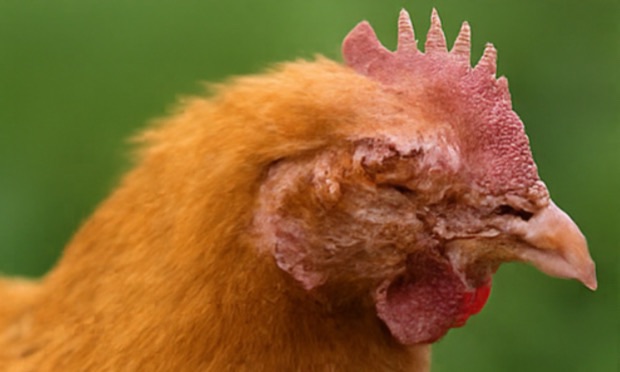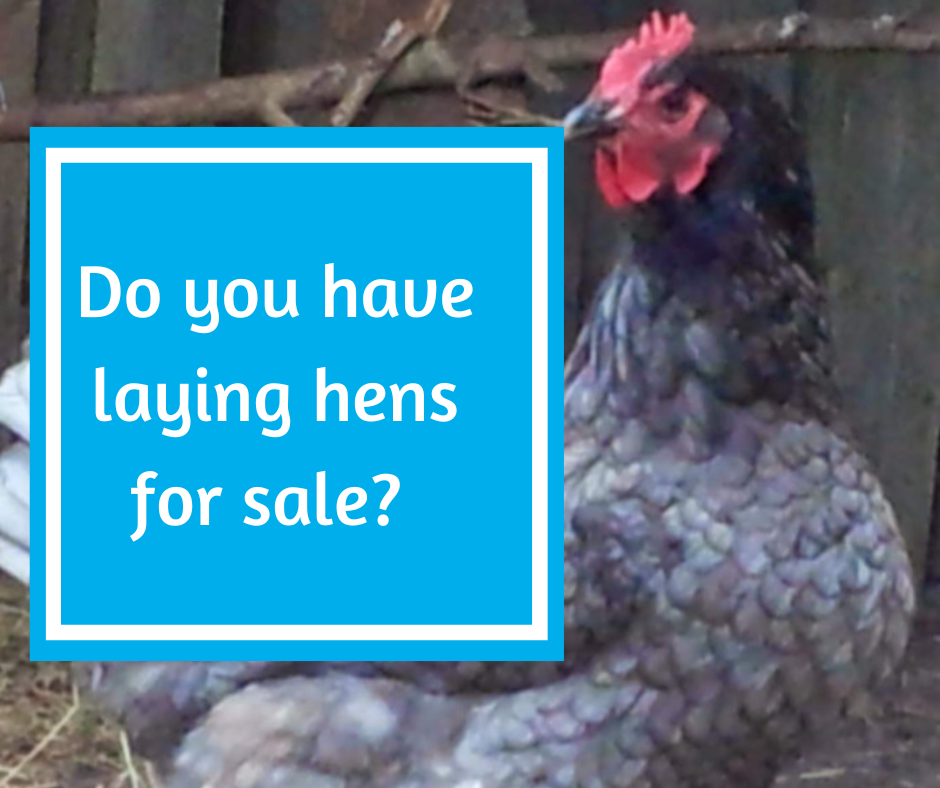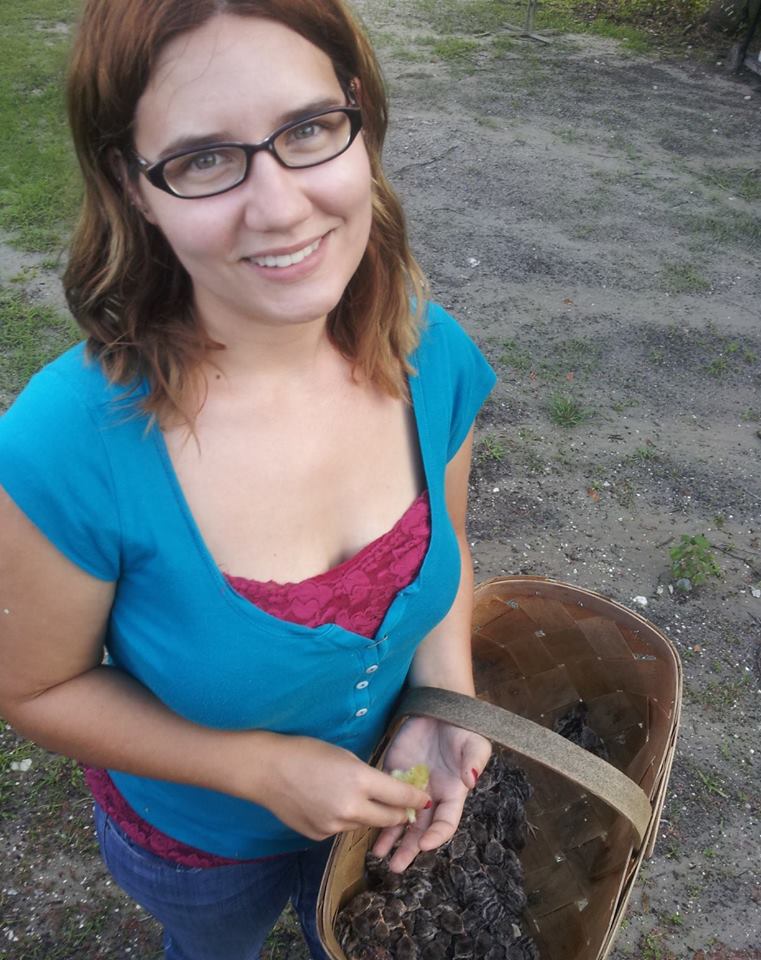Every Spring Season, our homestead offers the Classroom Dozen collection for teachers and hobbyists. We have been doing this for 3 years and this is by far one of our most popular products for educators. These eggs are for education purposes but anyone can purchase them for the low price. The eggs come from our chickens and may be pure or mixed based on what is available at the time. Hatching chicken in the classroom, whether in at school or in the home, is always a fun and enjoyable educational experience.
Although, hatching is addicting and fun, there are many things to consider before hatching chicks in the classroom.
A hatching project doesn’t begin just at incubation, but long before. It is important to start taking responsible steps from the get go. These chicks don’t ask to be hatched and they are totally dependent on you to provide them care. Teaching your students or children, depending on the teaching setting, to make responsible decisions during the whole process along with the fun of incubation and hatching, is a great full rounded lesson.
We have put together some tips below to help you organize your hatching project responsibly and to help with a successful project.
Make sure that all planned chicks that hatch have a home, even if not all chicks hatch
There is a saying to not count your chicks before they hatch. This is true because, even if you purchase locally or shipped, hatch rates can be anywhere from 0-100%, even if your incubation technique is spot on. Once eggs leave a farm/homestead, anything could happen to them to prevent a good hatch.
Although you should not count on all chicks to hatch, you need plan that they will, just in case. If you don’t plan to raise or keep all the chicks, make sure you have homes already lined up. You don’t want to find homes last minute as that will lesson the overall experience. Start by contacting breeders, farmers, and 4H-hers, if you or the students do not plan to raise or keep all.
Plan for both pullets and cockerels and have a back up home designated just in case the adopters cannot have roosters
When hatching eggs, you WILL get roosters. A rooster under a year old (in this case) will be called a cockerel. Your eggs will create a 50% chance of either gender. Not all adopters can take in a rooster due to where they live and space, therefore plan ahead. Always have a back up. Although they may be just chicks, they are living creatures. It would be very similar to having a dog whelp puppies, and the owner needing to find suitable permanent homes prior to the birth of the puppies. Remember, unless you vent sex or get the birds DNA sexed, you will not know the gender until 13 weeks of age, and that may be too long to hold before a re-home. Always have a back up home.
Include your students in the entire process
Hatching chicks doesn’t have to be a biology project. It can also be a lesson of problem solving, planning, taking responsibility, accepting disappointment, and making hard decisions. Allow your students to help in selecting homes for the potential chicks that will hatch, but also to help you make the brooders and set up the incubators. Planning and preparing ahead and working together creates team work, patience, bond, and then enjoyment from the experience. Prepare the students for all scenarios of what is to come. You are dealing with live creatures, after-all, whether they all hatch or not. Share the experience together.
Prepare your students for all the things that could happen with incubation and mother nature
When you are dealing with hatching eggs, you are also risking some chances. The classroom may be very excited to hatch eggs and see the whole incubation process but also the hatch day as well, and it can get disappointing when things don’t go as planned. It is very important to prepare the student to understand to understand all possibly scenarios ahead of time. You may be experienced with hatching eggs yourself, however mother nature has other plans as well.
Hatching eggs in an incubator is a delicate operation and the students will need to understand that. If you get a bad hatch, it can also be a learning experience and you can open up eggs to see what happened if they don’t make it through the entire incubation process. There are so many factors that can take place for an egg not to hatch. If some eggs do not hatch, however, this can allow the students to be detectives and figure out why the egg did not hatch. This helps in critical thinking and furthering responsibility.
Now, if you have an excellent hatch, kudos to all of you! Congratulations! This means that you can learn the next steps, such as brooding the birds, and if you do decide to keep some, you will learn about raising juveniles to adults. Hatching chicken eggs is a joyful experience. Since you are purchasing our Classroom Dozen, we are here for you every step of the way.








